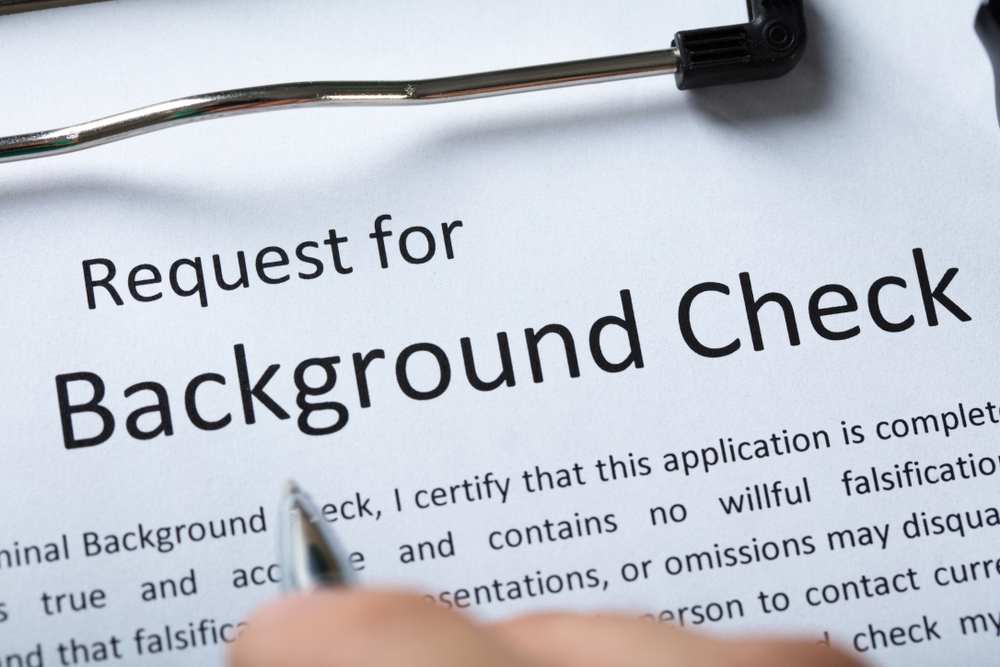Background checks can be an important part of the recruiting process. After all, employers do have some form of obligation to do enough due diligence to ensure they don’t hire someone negligently who poses an undue risk to the business or the people in it.
Employers generally perform background screening for one or more of these common reasons:
- To check for a history of criminal activity relevant to business dealings.
- To check for a history of violent activity or other problematic past behavior that could pose a safety risk.
- To ensure the individual has the qualifications he or she claims, such as a clean driving record if needed or a degree or certification. In short, this type of check is a verification of what the applicant presented.
Tips for Keeping Background Checks Legal
But background checks have their own legal ramifications, too. Let’s take a look at some tips to ensure employers conduct background checks legally and in a way that is unlikely to cause problems. Here are some tips:
- When using social media as part of a background check, remember that information that cannot be used in the hiring process may be discovered. Consider using a third-party service that can relay results without relaying the information that cannot be used. (Examples include religious affiliation, family medical history, national origin, etc.) In other words, be careful that the background screening does not appear to be discriminatory.
- Background screening typically requires advance permission, which should be in writing. Minimally, it requires advance notice.
- Background checks are usually subject to the Fair Credit Reporting Act (FCRA)—all of its regulations need to be followed, and the employer should be familiar with what this entails.
- Consider limiting background checks to only relevant options. This limits the risk of a discrimination claim. For example, if credit scores are part of a background check but the job has no interaction with anything financial or otherwise requiring creditworthiness, then it could be argued that the background check provided information that could be used in a discriminatory way. (Some characteristics like lower credit scores may be more likely to affect some protected groups.)
- Background screening must be done consistently for all similar roles. If background screening is selective by candidate instead of role, it will appear to be discriminatory.
- Arrest records and conviction records are not interchangeable. Anyone could be falsely arrested and not found guilty of anything. And arrests are more likely to happen to some protected classes. As such, the use of arrest records is generally considered ill advised. Instead, consider only using conviction records and then evaluating on a case-by-case basis rather than having a blanket policy.
- Consider not asking about criminal convictions until later in the hiring process and not having any automatic exclusion if someone has a conviction.
- Background checks, in general, should be one of the last steps of the hiring process. They’re usually best done as a condition of an employment offer, but not before, so as not to unfairly exclude anyone by default.
What has your experience been with background checks? What tips would you add to this list?
Bridget Miller is a business consultant with a specialized MBA in International Economics and Management, which provides a unique perspective on business challenges. She’s been working in the corporate world for over 15 years, with experience across multiple diverse departments including HR, sales, marketing, IT, commercial development, and training.
